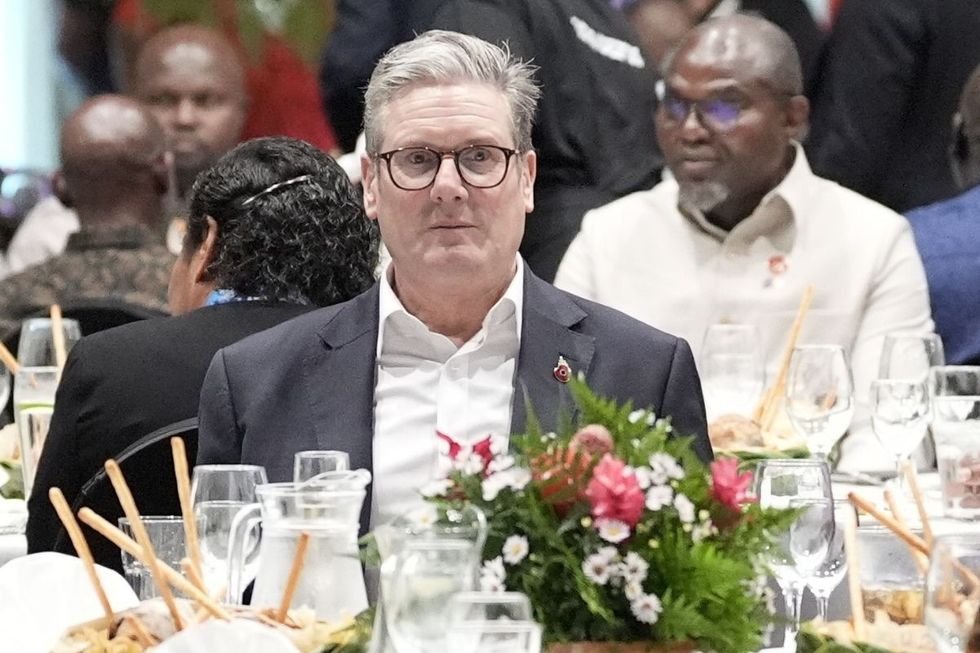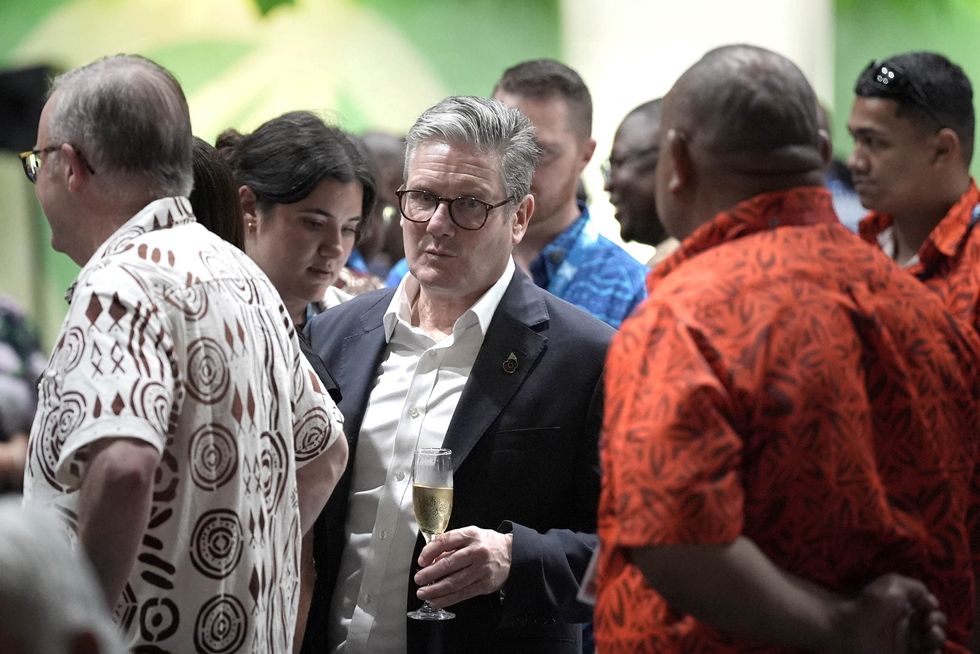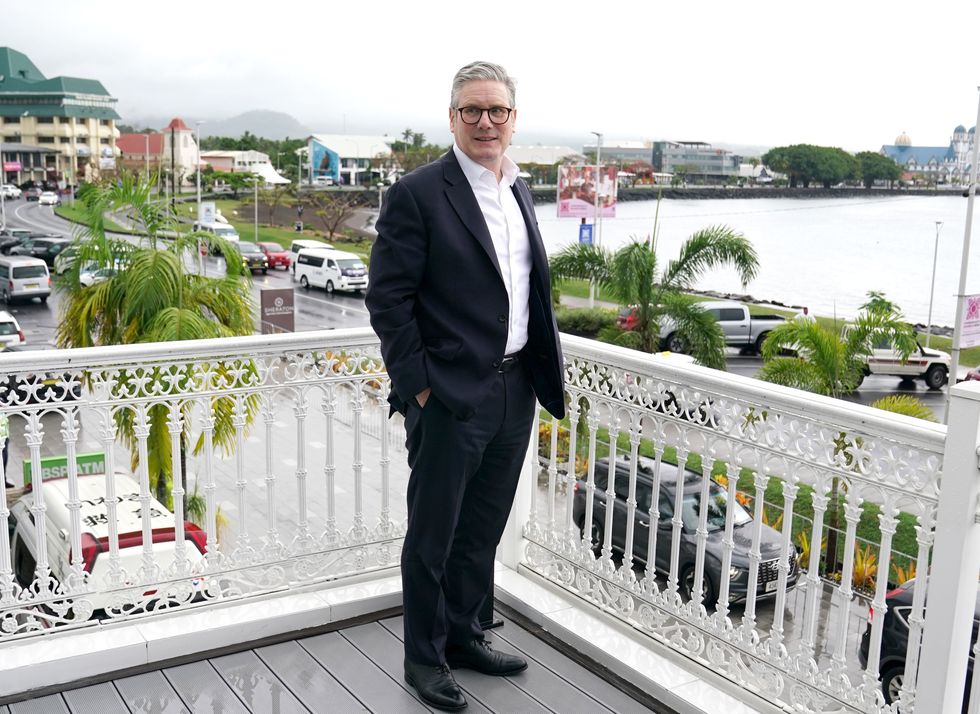Sir Keir Starmer has confirmed he plans to boost Britain’s economy by pursuing closer economic ties with members of the Commonwealth.
The Prime Minister’s vision includes the establishment of a new UK Trade Centre of Expertise, aimed at unlocking lucrative opportunities for British businesses across the Commonwealth.
By tapping into the vast potential of Commonwealth trade, Starmer hopes to inject fresh vigour into Britain’s economic landscape.
The Prime Minister’s arrival in Samoa marks a significant moment for UK-Commonwealth relations, as he seeks to position Britain at the forefront of this expansive market.

Sir Keir Starmer is visiting Samoa
Starmer also made it clear that he rejects a protectionist approach to trade within the Commonwealth.
The Prime Minister said: “We have an opportunity to turn around the lives of people in the UK. We can’t do that with a protectionist approach.”
Starmer’s shift to the Commonwealth also comes as Caribbean nations put pressure on the Prime Minister to back reparations for the UK’s role in the transatlantic slave trade.
The Prime Minister went into his visit to Samoa taking a firm stance on the contentious issue of slave trade reparations.
LATEST DEVELOPMENTS:
 Sir Keir Starmer during his visit to SamoaREUTERS
Sir Keir Starmer during his visit to SamoaREUTERSHe initially dismissed talks of Britain paying such reparations, emphasising a forward-looking approach.
However, a Whitehall source reportedly suggested that Starmer could sign up to the Commonwealth summit’s communique that “references” slavery reparations.
Despite Starmer’s hardline stance ahead of his visit to Samoa, the insider insisted that doing so would “not necessarily mean there is a change of policy”.
The potential move would come after a number of Caribbean leaders and prominent backbench Labour MPs urged Starmer to commit to reparations.
 Prime Minister Sir Keir Starmer arrives in Apia, SamoaPA
Prime Minister Sir Keir Starmer arrives in Apia, SamoaPASome Commonwealth countries have called for the issue of “reparatory justice” to be recognised by an accord signed by the 55 states in an attempt to forge a “common future based on equity”.
Chair of the Guyana Reparations Committee Eric Phillips also said: “I just don’t understand the relevance of the Commonwealth if PM Starmer takes this cruel approach.”
Labour MPs have also put pressure on the Prime Minister, with former Shadow Chancellor John McDonnell arguing that Starmer “fails to understand that addressing the past is not a distraction but is essential to dealing with the future”.
Clapham & Brixton Hill MP Bell Ribeiro-Addy added: “We’re never going to be able to do that, or the nations that are most impacted are never going to be able to do that unless they are given a fighting chance.”